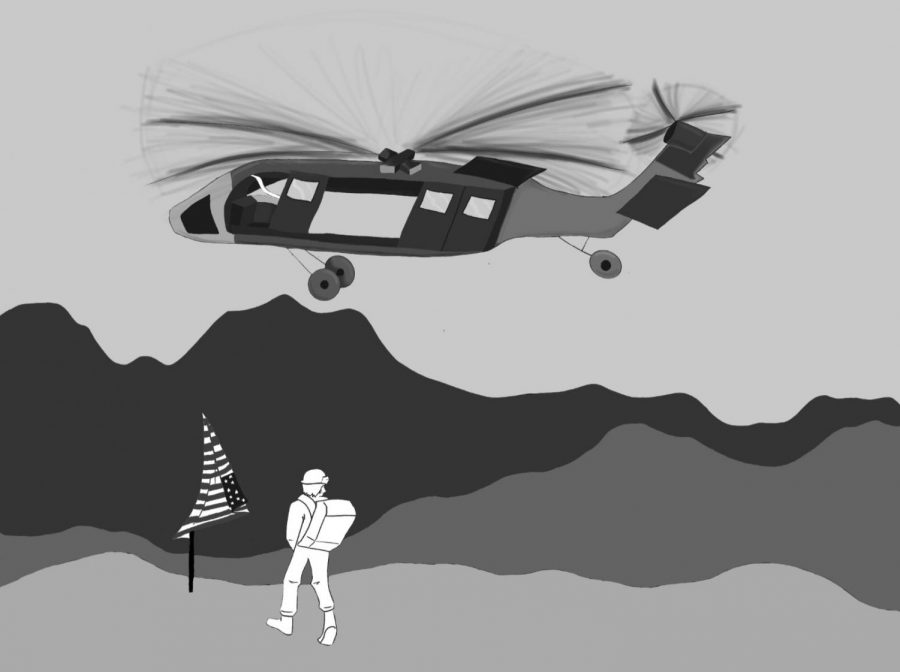American Withdrawal from Afghanistan: Strategic Success or Foreign Failure?
The war between America and Afghanistan started 20 years ago on 9/11 when America was attacked by the Islamic terrorist group Al Qaeda. America has since focused on retaliating against the attack on American soil. In recent months, however, fierce fighting and casualties have forced America and Afghan allies to lose ground. Thus, President Joe Biden made the decision to remove all U.S. military forces from Afghanistan by August 31, 2021.
Now, America is reeling from the various outcomes from this decision. Afghani civil rights movements have been set back decades, and women are forced to live in fear as they are reduced to second class citizens. Many of America’s native Afghan allies were left behind in the hasty withdrawal. Despite the drawbacks, this choice was necessary to rescue our troops from an already lost war. Though the decision was undoubtedly a difficult one, Biden made the right choice.
President Biden’s decision to withdraw United States troops from Afghanistan and his imposed deadline have been met by many different arguments. While our troops needed to be evacuated from Afghanistan as soon as possible, it is unfortunate that Biden’s strict schedule resulted in people being left behind. Fenwick history teacher Mr. Wieckiewicz agreed, arguing that “this withdrawal should have been done over time, and [we should have] made sure that we were not leaving anyone behind.” Another fellow Fenwick history teacher, Mr. Jerger, replied, “If the withdrawal was to be implemented, some type of deadline had to be set. Otherwise, I believe the withdrawal would struggle to move beyond the discussion phase, as recent history has illustrated.” The military withdrawal seemed unstrategic and loosely planned, and the government overlooked many critical consequences. If no one was left behind, and the appalling repercussions in Afghanistan could have been avoided, this decision would have had my full support. Yet overall, President Biden implemented this withdrawal to the best of his ability given the circumstances.
In the aftermath of the hasty withdrawal of American forces, people across the globe are left wondering what will happen in the unforeseeable future. It is likely that we will see much more violence in Afghanistan, and the work that America and Afghan allies have done to establish a democratic government and greater women’s rights will be stripped away. Though the Taliban stated that they would respect the rights of women, so far they have already taken away education for girls over the age of 12.
In addition to poilitical regression, there will likely be an uptick in violence. Mr. Wieckiewicz agreed, saying, “There will be violence, especially in small areas, without the security of the U.S. army. Without the U.S. army, there will be chaos.” If there is an uprising in violence as predicted, it may even result in another war between America and Afghanistan.
The consequences of withdrawal were not fully thought out; however, it accomplished a difficult, necessary job. Now, all that we can hope for is an end to the violence in Afghanistan and that American actions will not result in a war or further conflict of any kind. The future is an open book full of opportunities to learn from these events and strengthen our relationships with foreign powers.








